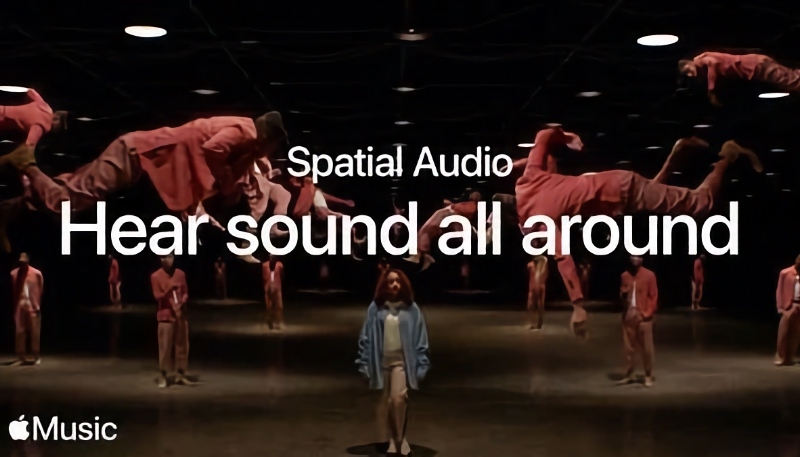Independent record labels claim Apple’s plan to pay additional royalties for songs recorded in Spatial Audio will benefit only the largest companies in the industry, reports the Financial Times. (Via MacRumors)
Last week Apple told record labels and music artists that it will pay up to 10% more in royalties to provide tracks in Spatial Audio. The news came in an update sent to partners.
Apple Music introduced Spatial Audio support in May 2021, using Dolby Atmos technology. Spatial Audio allows artists to create immersive audio experiences for their fans with true multidimensional sound and clarity. In February 2021, more than 50% of Apple Music subscribers listened to Spatial Audio music content.
Apple has said that the bonus is a reward for artists delivering the content, and also compensation to recognize the additional time and effort required to mix in Dolby Atmos.
“It’s literally going to take the money out of independent labels and their artists, to benefit the biggest companies in the marketplace,” said a senior executive at a large independent record company.
“It’s going to benefit the biggest player, Universal, because they’re the ones with the resources to invest in that. Whereas the independent sector . . . we’ve found it hard to justify the expense of creating spatial masters . . . we’re not in the business of chucking money just because Apple is saying you should be spending money on this.”
A rep from another independent label told FT that the new deal will have a detrimental impact on its revenues.
Executives say it costs an extra $1,000 per song to produce music in Spatial Audio, or roughly $10,000 per album, and if you’re remastering older tracks the costs can double.
Indie labels say they hope Apple will work with them to make changes to the Spatial Audio policy. If those negotiations fail, they would explore legal or regulatory options, said FT’s sources.


